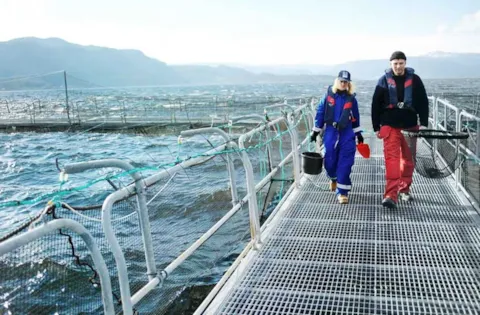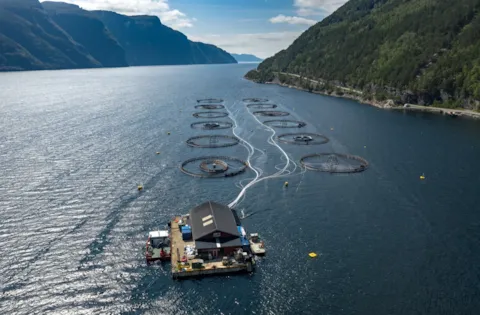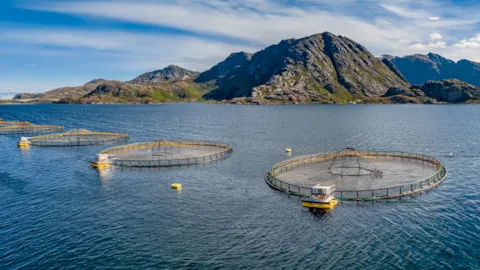Environmental monitoring and compliance
DNV provides trusted monitoring for marine, freshwater, and terrestrial environments, offering long-term, real-time, and post-consent support to ensure compliance and sustainable operations.
Environmental monitoring and compliance
Challenges in environmental monitoring for aquaculture
As environmental expectations grow, industries working in marine, freshwater, or land-based environments must demonstrate continual compliance with environmental and regulatory obligations.
Monitoring programmes not only ensure accountability but provide the data needed to operate transparently, maintain stakeholder trust, and reduce long-term risk.
How our environmental monitoring services support you
DNV delivers tailored environmental monitoring services that track the health and impact of operations over time. From baseline conditions to real-time and post-consent reporting, our monitoring programmes are built to meet permitting requirements, safeguard biodiversity, and support ecosystem resilience.
Services include biological, chemical, and physical monitoring, remote sensing, eDNA analysis, sediment sampling, and seabed imagery.

Trusted experts in aquaculture
DNV’s global team combines technical excellence, regulatory insight, and digital innovation to deliver environmental monitoring programmes that are rigorous, transparent, and defensible.
Whether you are building a new facility or maintaining compliance for an existing site, we ensure your monitoring is efficient, auditable, and aligned with industry best practice.

Benefits of our environmental monitoring services
- Ensure regulatory and environmental compliance.
- Detect environmental change early to guide decision-making.
- Increase stakeholder confidence and transparency.
- Demonstrate ESG performance and sustainability commitments.
- Minimize risk of regulatory breaches or operational interruptions.
Resources to support responsible aquaculture development
Explore insights, case studies, and technical perspectives that strengthen sustainable aquaculture planning, operations, and compliance.

Understanding and managing aquaculture risk
How risk-based environmental evaluation supports responsible site planning and compliance.

Sea Lice Monitoring of Tomorrow - The Potential of Automated Sea Lice Counters
How automated monitoring and biological data help protect fish health and meet welfare requirements.
Contact us





